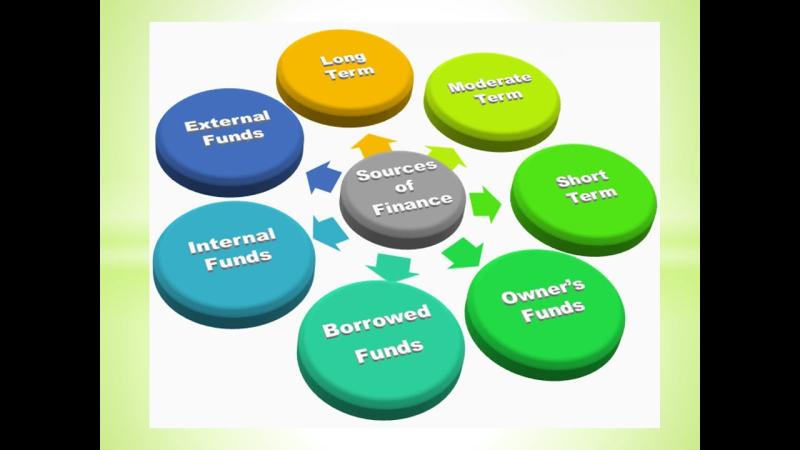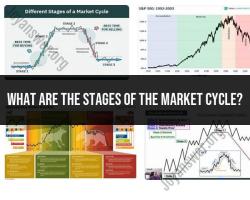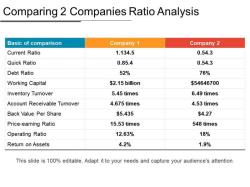What are the best sources of financial news?
When it comes to financial news, it's essential to rely on trustworthy sources that provide accurate and unbiased information. Here are some well-regarded financial news sources that are known for their credibility:
The Wall Street Journal (WSJ): A reputable source for business and financial news, The Wall Street Journal is known for its in-depth analysis and comprehensive coverage of global financial markets.
Financial Times (FT): A British international daily newspaper, the Financial Times is recognized for its global coverage of economic and financial news. It provides insightful analysis and reports on a wide range of topics.
Bloomberg: Bloomberg is a global financial information and news provider that covers a wide range of financial topics, including market data, business news, and analysis. The platform is widely used by professionals in the finance industry.
Reuters: Reuters is a global news organization known for its objective reporting on various topics, including finance and business. It provides real-time news, analysis, and market data.
CNBC: CNBC is a leading business and financial news network that offers live coverage, interviews, and analysis of financial markets. It covers a broad range of topics, including stocks, commodities, and economic trends.
BBC Business: The BBC's business section provides reliable coverage of global economic and financial news. It includes articles, analysis, and videos on various business-related topics.
The Economist: While not solely focused on finance, The Economist provides in-depth analysis of global economic issues. It offers a broader perspective on economic trends and their implications.
Forbes: Forbes covers a wide range of business and finance topics, including news, analysis, and features on entrepreneurs and companies.
Investopedia: While more of an educational resource, Investopedia also provides up-to-date financial news and analysis. It's particularly useful for understanding complex financial concepts.
The Financial Post: A Canadian source of financial news, The Financial Post covers a variety of topics, including markets, investing, and business news in Canada and globally.
It's important to note that even reputable sources may have biases, so it's beneficial to cross-reference information from multiple outlets to get a more comprehensive view. Additionally, staying informed about the overall reputation and editorial standards of a news organization is crucial for ensuring the reliability of the information they provide.
How reliable are financial blogs as sources of news?
The reliability of financial blogs as sources of news varies greatly. It's important to be discerning and evaluate each blog individually before considering it a trustworthy source. Here are some factors to consider:
Author's credentials:
- Experience and expertise: Does the author have a strong background in finance and/or journalism? Do they have relevant qualifications or certifications?
- Track record: Has the author consistently produced accurate and insightful content?
- Disclosure of affiliations: Does the author disclose any potential conflicts of interest, such as ties to specific companies or investment firms?
Blog's reputation:
- Editorial standards: Does the blog have clear editorial guidelines and a fact-checking process?
- Accuracy and objectivity: Does the content seem unbiased and well-researched? Are factual claims backed up by credible sources?
- Transparency: Does the blog disclose its ownership and funding sources?
Content quality:
- Depth and analysis: Does the blog provide in-depth analysis and commentary, or is it simply rehashing mainstream news?
- Variety of perspectives: Does the blog present a balanced view of different viewpoints and opinions?
- Originality and insight: Does the blog offer unique perspectives or insights not found elsewhere?
Here are some additional tips for evaluating financial blogs:
- Cross-check information: Don't rely solely on one blog. Compare information with other reputable sources, such as established news publications or government websites.
- Be skeptical: Don't blindly accept everything you read. Be critical and question any claims that seem too good to be true or lack solid evidence.
- Check the date: Make sure the information is up-to-date and relevant to current events.
- Focus on reputable sources: Look for blogs with a good reputation and a track record of reliable information. Some resources like FeedSpot and Quora can help you identify reputable blogs.
Remember, even the most reliable blogs can sometimes make mistakes. It's always best to do your own research and consult with a qualified professional before making financial decisions.












